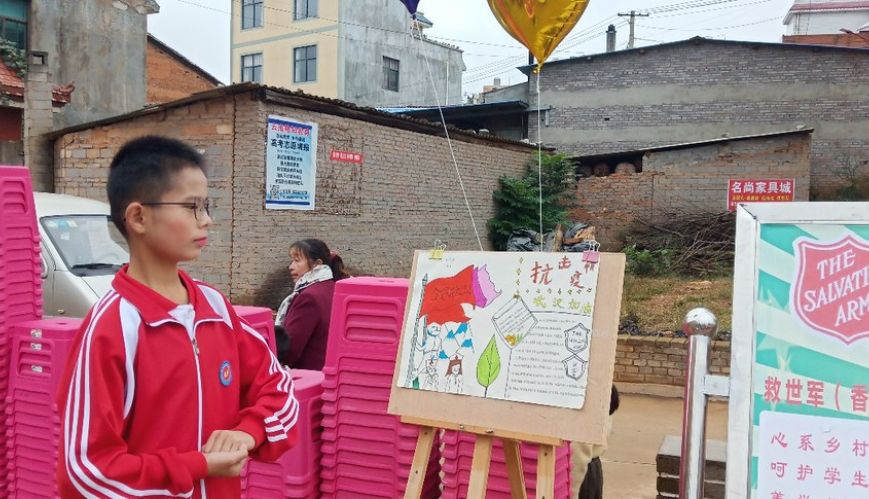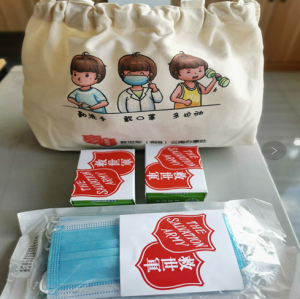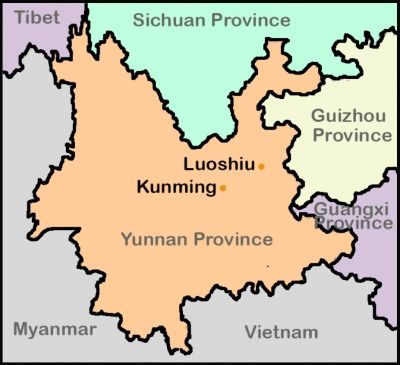Army gives remote Chinese school a hand with virus awareness

Army gives remote Chinese school a hand with virus awareness
China’s Luoshui Junior High School students were invited to be part of a COVID-19 poster competition to promote the health education message on preventing the spread of the virus.
The Salvation Army has introduced an initiative called The Small Hands Holding Big Hands in a remote school in China to promote COVID-19 awareness among children and the wider community.
Army-branded hygiene packs have been distributed to each student at Luoshui Junior High School.
 Army-branded hygiene packs distributed to each student at Luoshui Junior High School.
Army-branded hygiene packs distributed to each student at Luoshui Junior High School.
The packs include soap, face masks and information about how to prevent the spread of the disease. Clear information is presented by teachers on correct hand-washing techniques and how to correctly wear the masks.
Luoshui is a remote town in Yunnan Province, about a three-hour drive from the nearest major city, Kunming.
The school attracts about 1400 pupils from the 10 villages in the catchment. About 300 students of those students are classified as underprivileged, while 540 are left behind by parents who have had to leave their homes in the village to work in the cities.
The school approached the Army about 12 months ago asking for its help with the challenges around COVID-19.
The Army’s Yunnan office held discussions with the school and Luoshui’s mayor and other local government officials and, building on the disease-control measures already implemented by the Chinese authorities, The Small Hands Holding Big Hands was introduced. The project is being coordinated in conjunction with the Yunnan Association of Social Organisation, the Luoshui Township Government and the school.
 Map showing the approximate location of Luoshiu.
Map showing the approximate location of Luoshiu.
The health education message was further promoted through an in-class COVID-19 poster competition where the students were encouraged to design their own culturally sensitive artwork which shared the messaging in a vibrant, colourful, context-appropriate and persuasive way.
The best posters are displayed around the school and in the community.
The partnership with Army has equipped the school with 20 contactless thermometers, to take the temperature of students arriving at school, which reduces minimal waiting time. Hand sanitiser is available across the site with students encouraged to use it as often as they can, especially before and after meals and after having used the toilet.
The Army also has distributed about 100 epidemic-control bags to the elderly in the community and disabled. By working through the school community, it is estimated that about 7000 people will be reached through this initiative.